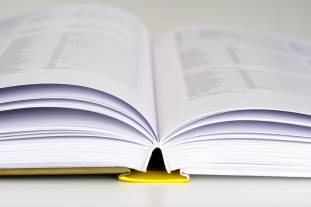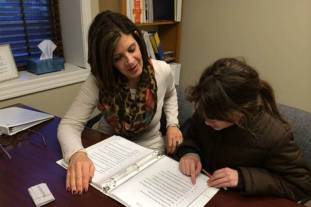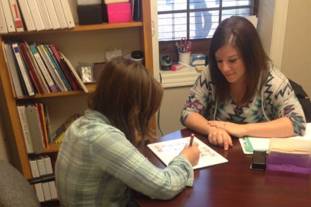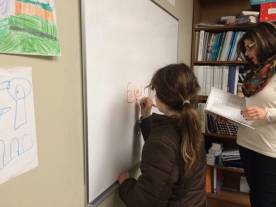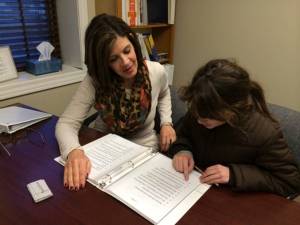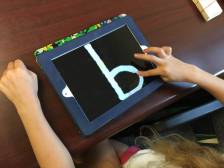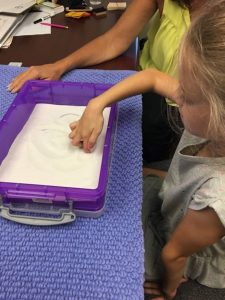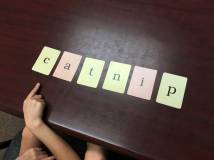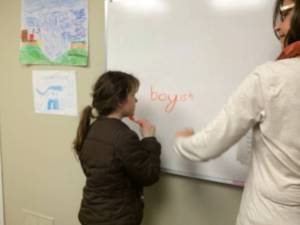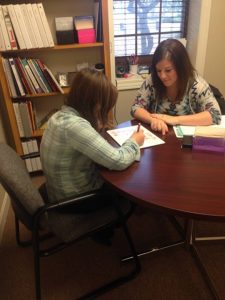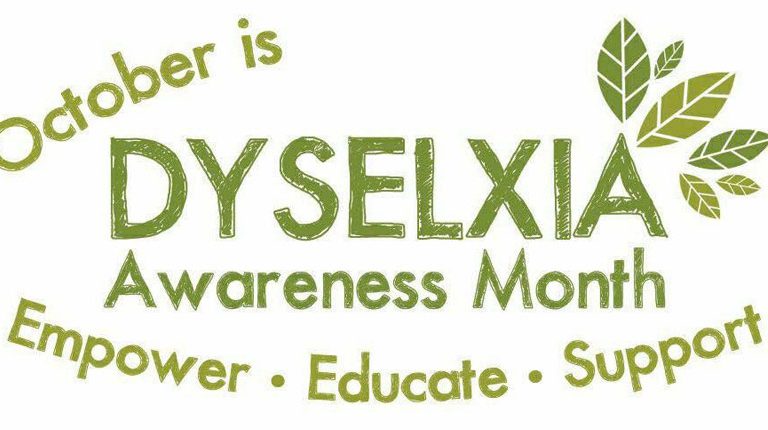Dyslexia is a lifelong condition. With proper help, many people with dyslexia can learn to read and write well. Early identification and treatment is the key to helping individuals with dyslexia achieve in school and in life. Most people with dyslexia need help from a teacher, tutor, or therapist specially trained in using multisensory, structured language approach.
It is important for these individuals to be taught by a systematic and explicit method that involves several senses (hearing, seeing, touching) at the same time. Many individuals with dyslexia need one-on-one help so that they can move forward at their own pace.
In addition, students with dyslexia often need a great deal of structured practice and immediate, corrective feedback to develop automatic word recognition skills.






